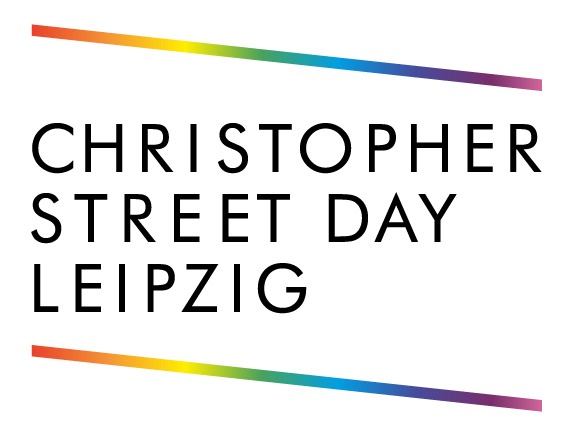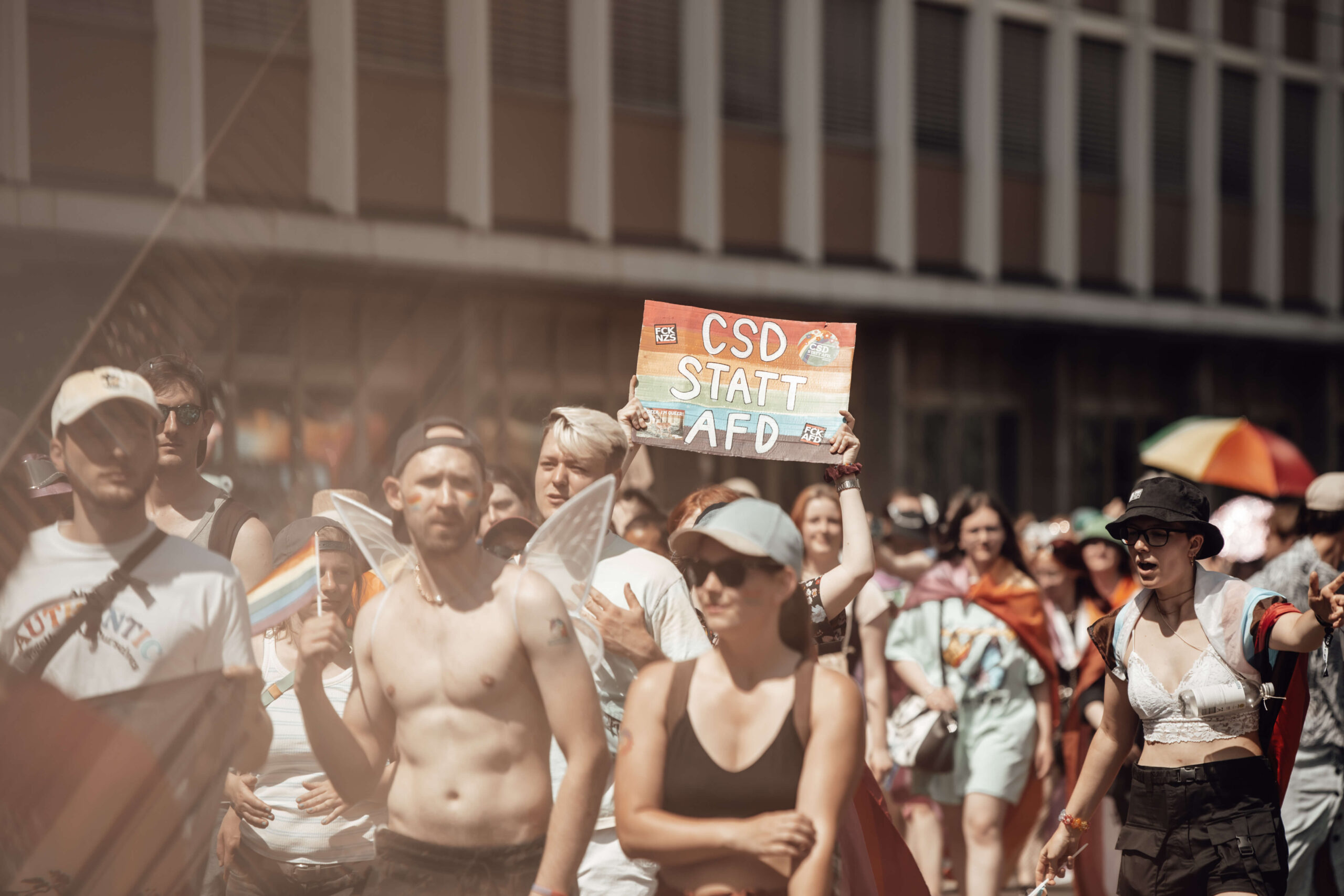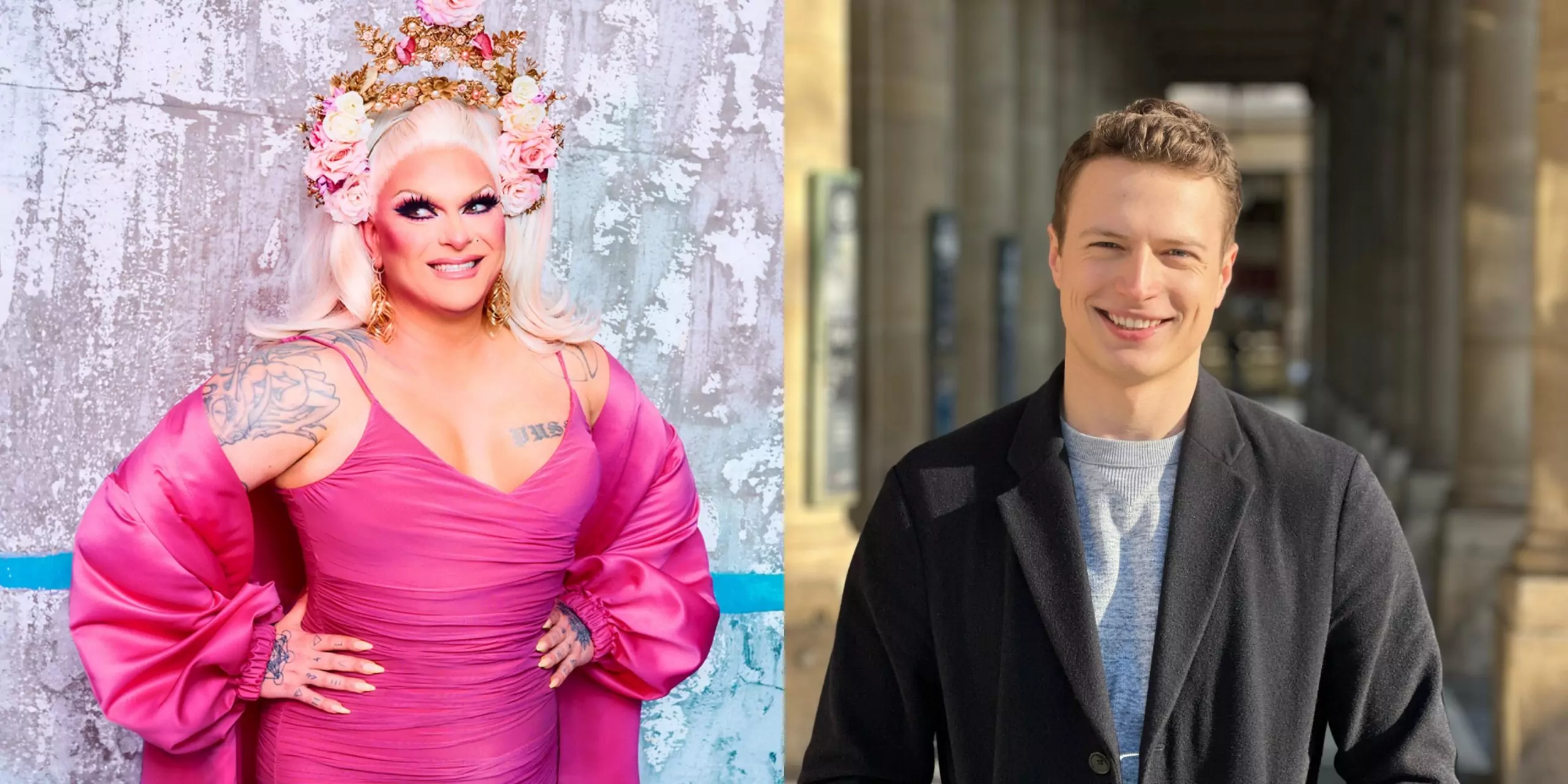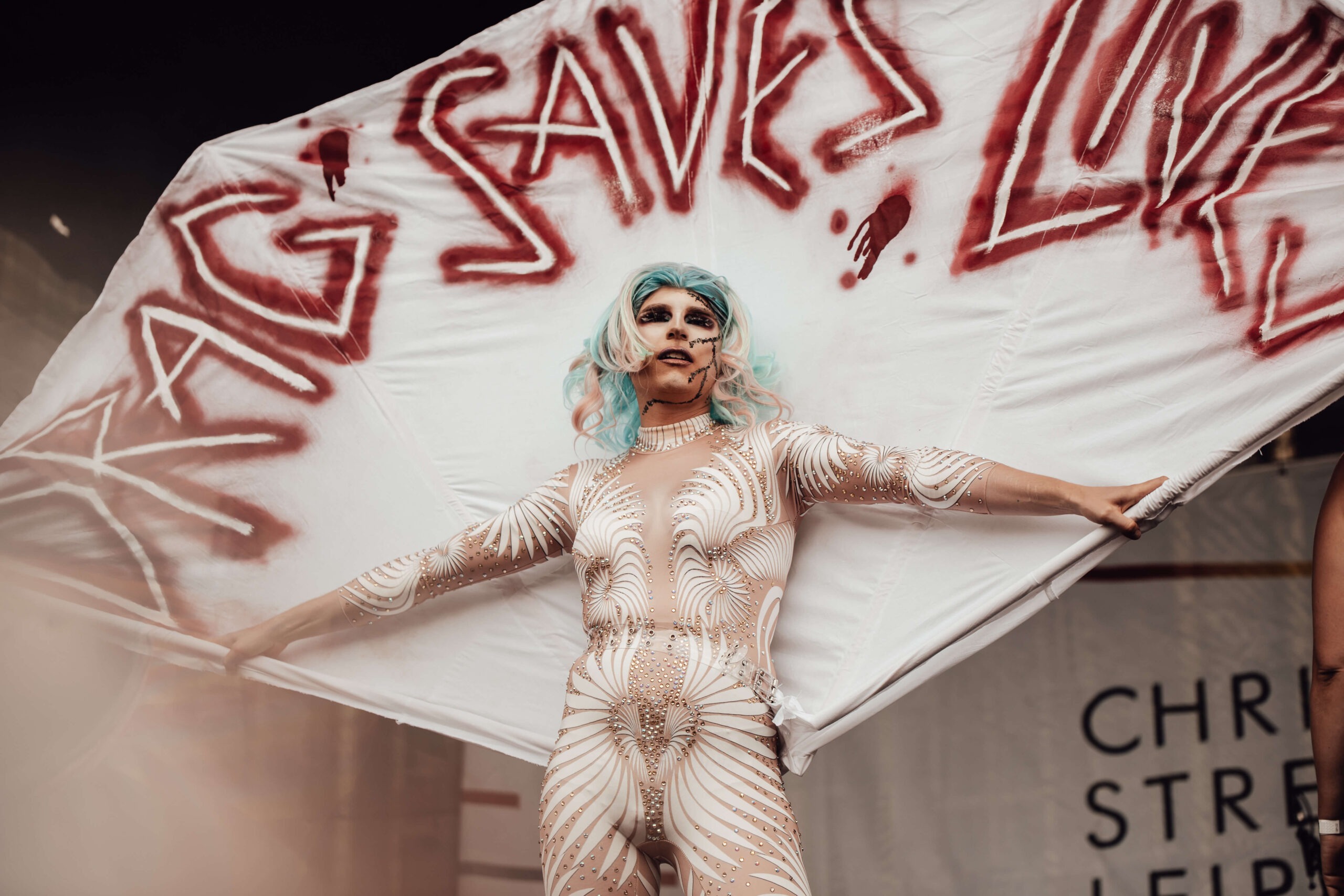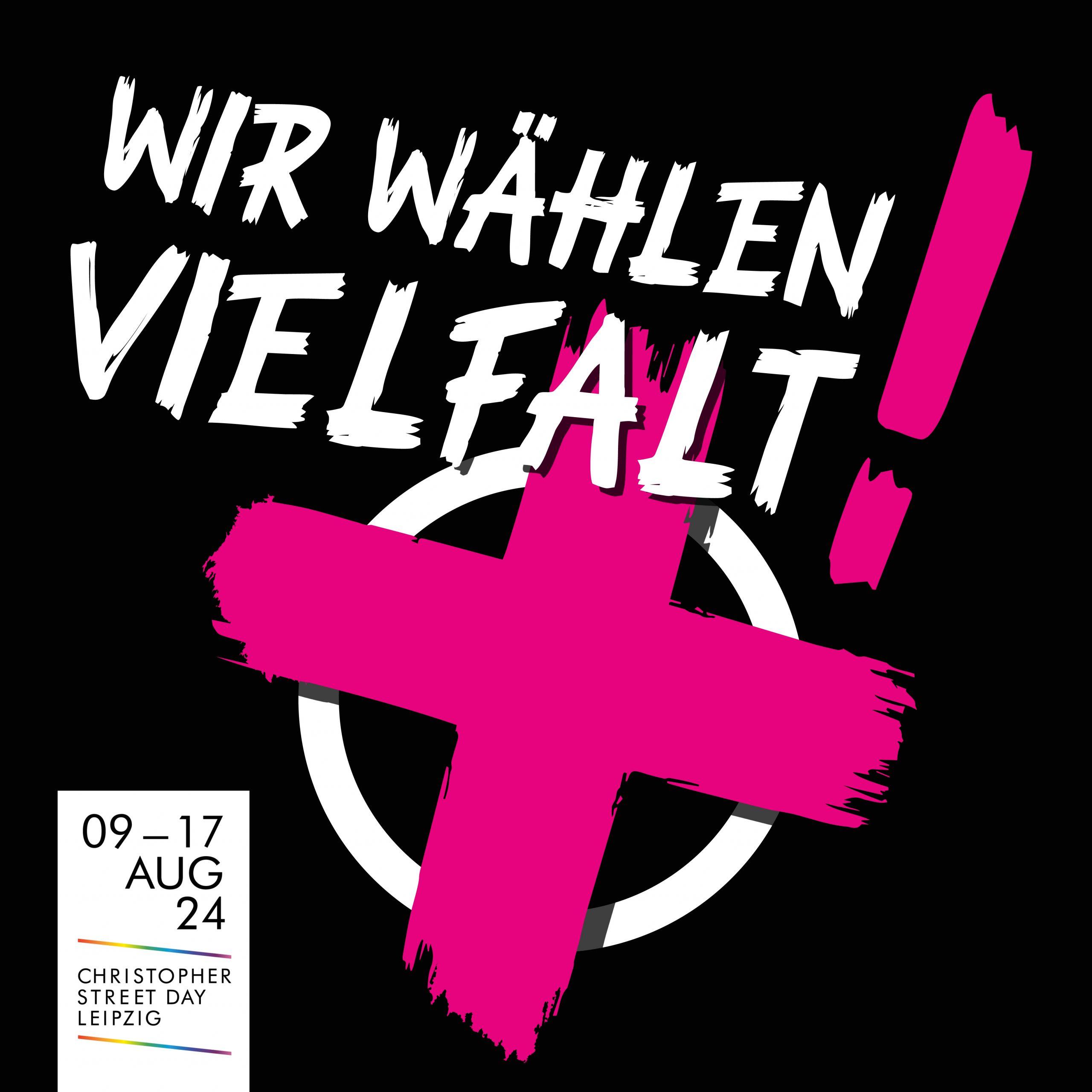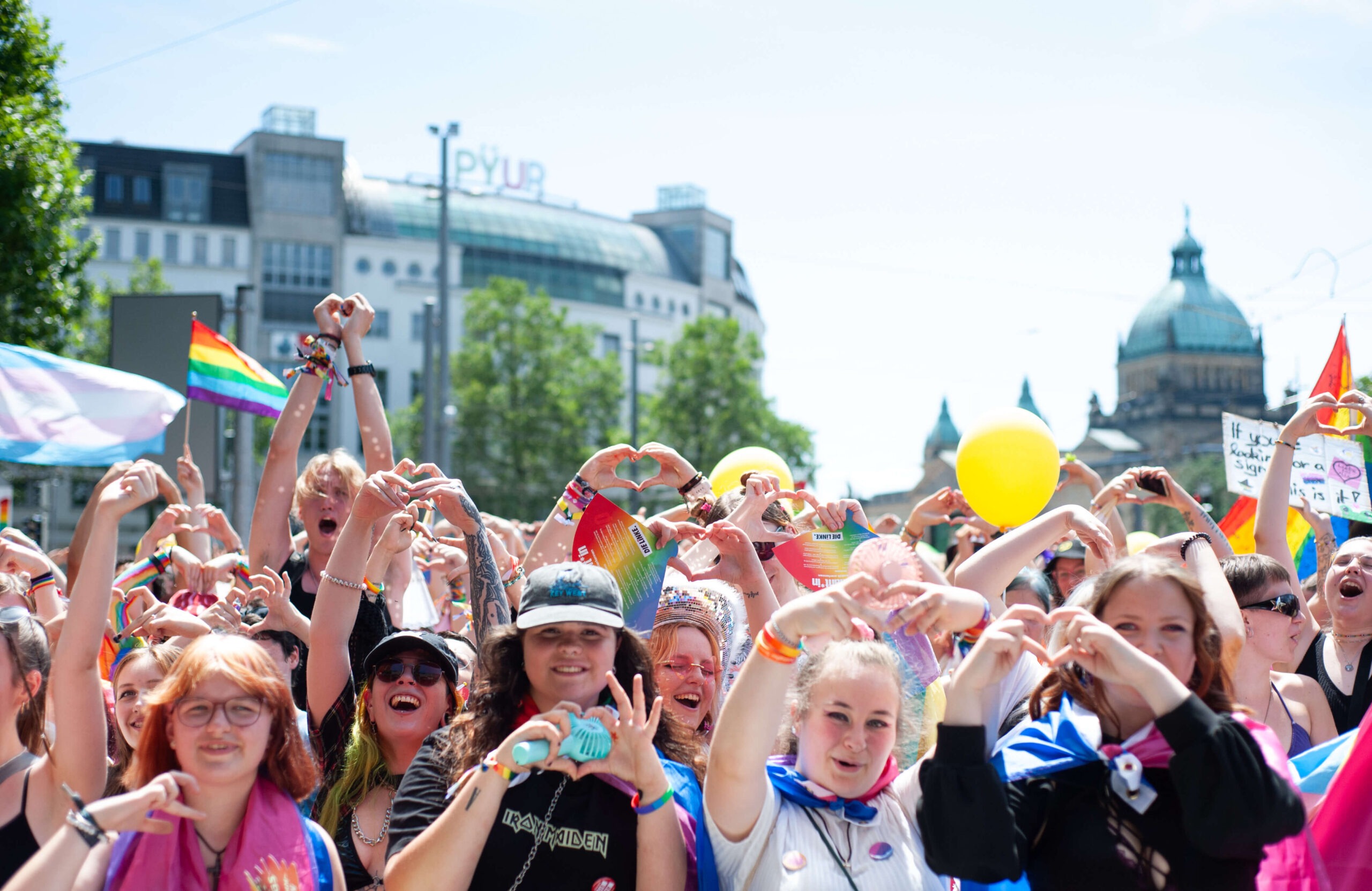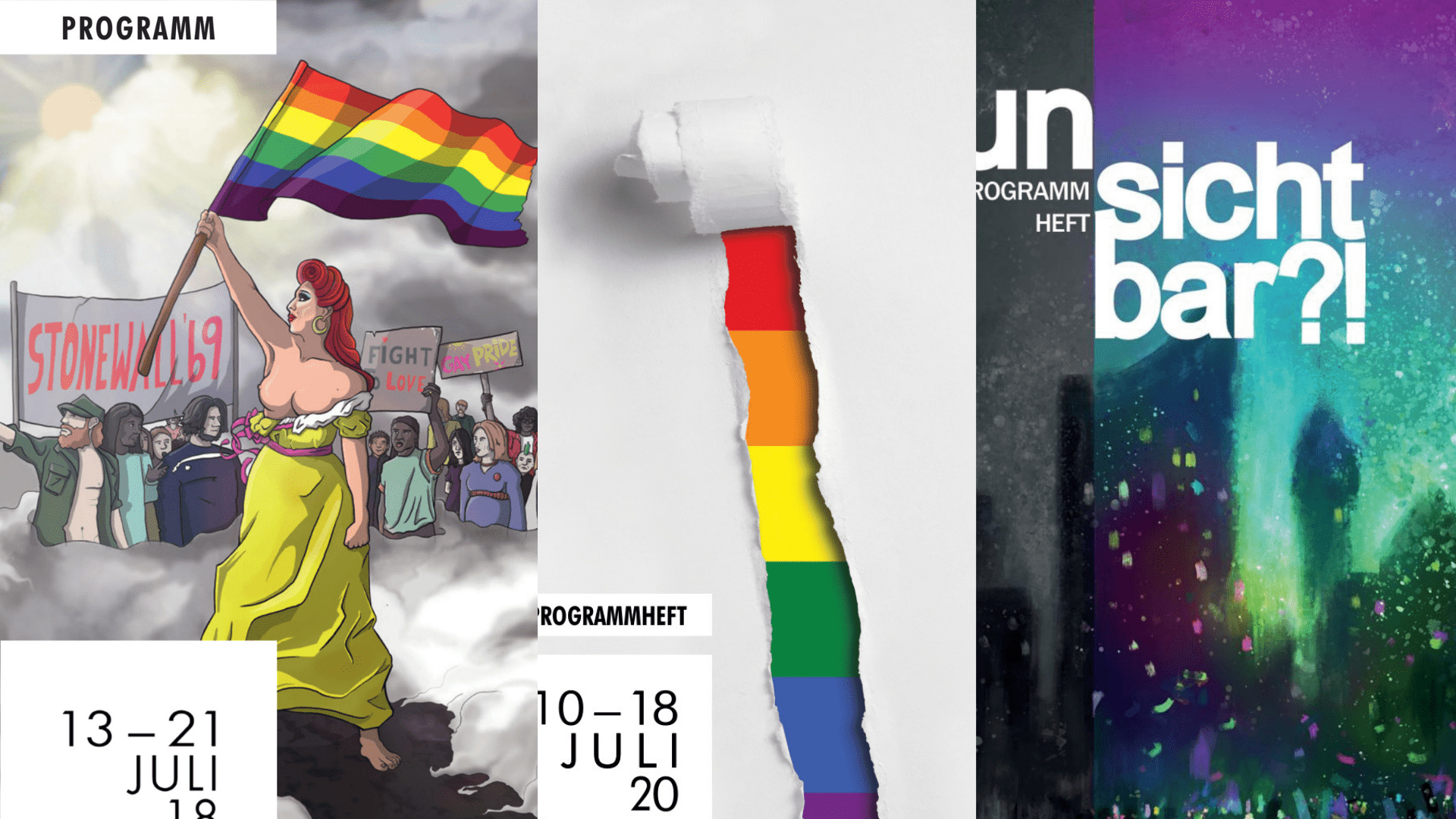There is cause for concern. A recent study1 by the Else-Frenkel-Brunswik Institute at Leipzig University shows that anti-democratic forces are booming in East Germany. A third of respondents want a leader and believe that a dictatorship is the better form of government. Two thirds long for authoritarian structures like those in the former GDR. At the same time, 55 years after Stonewall2, we are seeing increasing aggression and violence towards queer3 people. More and more often, we hear that people are afraid to go to CSD and Pride events because they are afraid of being insulted, beaten or kicked.
Society is in upheaval. The climate crisis, pandemic, war in Europe and many other issues are unsettling and driving people into the arms of populists and right-wing extremists. Their aim is to turn back the clock. With supposedly simple solutions back to a time when the world was still “all right” for them.
This is a nightmare, especially for queer people. Because things weren’t better for us in the past. On the contrary. We had it even harder than today. Especially in times of dictatorships. We were discriminated against and persecuted. For example, the criminalisation of homosexual acts between men was not completely abolished throughout Germany until 1994.4 Although an alliance led by Magnus Hirschfeld had already initiated the abolition of this law in the early 1930s, it was immediately stopped after the Nazis came to power and the paragraph was even tightened. It took until 2017 for people convicted under this paragraph to receive state compensation.
Another example is the “Transsexuals Act”, which came into force in 1981. Until then, trans* people were not legally recognised at all in Germany. This was a start, but this law also cemented a discriminatory status quo for decades. At the moment, we are finally on the way to a self-determination law, but this is also a thorn in the side of conservative and right-wing populist forces.
This year sees state elections in Saxony, Thuringia and Brandenburg as well as elections to the European Parliament. Surveys in Saxony show that almost a third of people want to vote for a party that has been categorised as “definitely right-wing extremist” by the Office for the Protection of the Constitution in several federal states, and recently also here in Saxony.5 We are deeply concerned about this. We can see where we are heading if parties with right-wing ideas gain more power. Rants against drag queens reading children’s books or against a supposed “gender constraint” are just the beginning. Queer BIPoC6, who are not only the focus of such parties because of their queer identity, but also because of their appearance or origin, for example, are particularly at risk. We must take action now, otherwise we are facing dark times ahead.
Last year, we as the Leipzig Pride movement described a queer future. If we want to achieve and preserve this, we must now remain loud and visible. We must stand up for diversity and democracy and we must be many. Join us!
Come to the big Pride demonstration on 17 August 2024 and the subsequent street party on Leipzig’s Augustusplatz and attend the events of the Pride week.
We will not remain silent. We vote for diversity!
1 EFBI Policy Paper 2023-2: „Autoritäre Dynamiken und die Unzufriedenheit mit der Demokratie“ (https://efbi.de/details/efbi-policy-paper-2023-2-autoritaere-dynamiken-und-die-unzufriedenheit-mit-der-demokratie.html).
2 On 28 June 1969, queer people rioted against police brutality on Christopher Street in New York in front of the Stonewall Inn. (https://csd-leipzig.de/2023/06/jahrestag-der-stonewall-aufstaende/)
3 The term ‘queer’ unites all people who do not fit into society’s romantic, sexual and/or gender norms.
4 Since 1969, Section 175 of the German Criminal Code has been amended several times in the FRG until, from 1978, it only applied to homosexual acts between men over the age of 18 with men under the age of 18; in the GDR, the section was already repealed in 1968.
5 State Office for the Protection of the Constitution on 08 December 2023: „Sächsischer AfD-Landesverband als gesichert rechtsextremistische Bestrebung eingestuft“ (https://www.medienservice.sachsen.de/medien/news/1071656).
6 The abbreviation ‘B(I)PoC’ is a term that refers to Black, Indigenous and People of Colour. The term is explicitly intended to make Black and Indigenous identities visible in order to counteract anti-Black racism and the invisibility of Indigenous communities. The term is intended to emphasise the specific violence, cultural erasure and discrimination experienced by Black and Indigenous people. It also attempts to unite the above-mentioned communities. Nevertheless, it seeks to emphasise the fact that not all people of colour have the same experiences, especially when it comes to systemic oppression.
